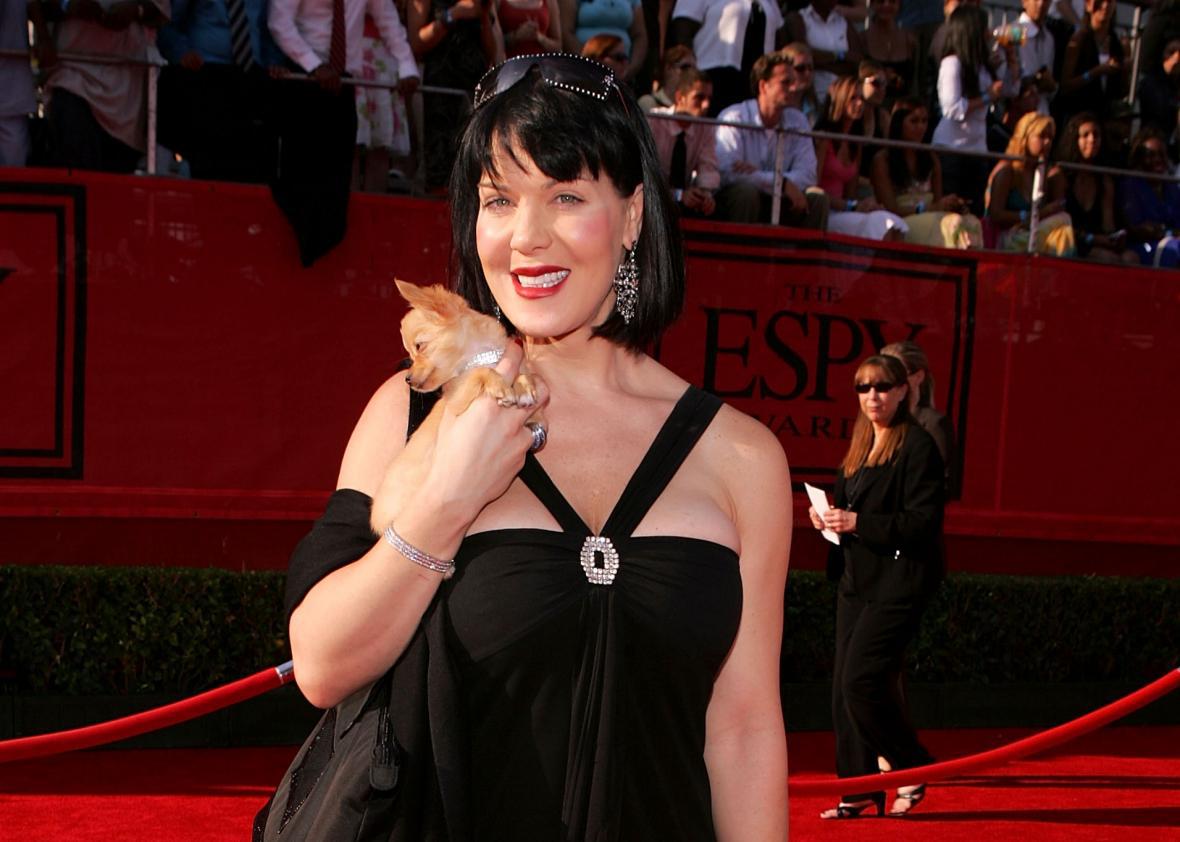The “Ninth Wonder of the World” is dead, the only female wrestler to hold the World Wrestling Federation Intercontinental Championship, the female wrestler who fought the men and, as often as not, beat them. 5-foot-10. Muscles on her muscles. Chyna was found dead in her apartment by police after a friend discovered her there, unresponsive. She was 45.
Chyna, who was born Joan Marie Laurer, was something of a hero of mine. I can still remember watching wrestling, at my childhood home or in my dorm room at college, and the feeling of excitement and wonder that would come over me whenever she was on camera. She made me want to scream. She made me want to punch boys. She made my heart feel as if it might burst with pride, or break.
I hope it wouldn’t make her unhappy, or upset anyone who knew and loved the flesh-and-blood woman behind the wrestling superstar, to use the phrase gender nonconforming to describe Chyna. It’s not a phrase that always calls to mind a strapping, strong, intimidating figure, one who sparks the imagination and expands the boundaries of the possible. Chyna wasn’t queer like I was, but she defied the expectations for her gender, particularly for a mainstream entertainer in the late 1990s. She ground those expectations to dust beneath her black stillettos, or put them in a headlock and smothered them with her custom-made breast implants. For this, I loved her. Inasmuch as a short, unathletic, nerdy, queer kid could, I looked up to her and drew strength from watching her compete.
Somehow Chyna fit perfectly into the world of professional wrestling while seeming, simultaneously, like an alien from another, better, cooler planet. For gender nonconforming people like me, this is often the best that one can hope for. It’s possible—rare, but possible—to find your place in this world without actually fitting in at all, to force the world to take you as you are, accept you for your merits, and play the game on your own terms. Chyna accomplish this—or, at least, her wrestling persona did.
In her private life, Chyna is reported to have struggled, which saddens but doesn’t surprise me. Her achievements in a largely fake blood sport are not the sort that make a person respected or respectable outside the world of wrestling, and wrestling is not always the most salubrious environment for its talent. It’s also true that out of all the gender norms that she defeated, she never escaped the largest one, the one that says that famous women exist primarily to give straight men erections. Chyna catered to this, willingly or out of practical necessity, in her costumes as a wrestler, and later in her post-wrestling career in adult entertainment.
I mourn for the strain it must have put on this very human woman to be at once a sex goddess and a feminist icon and a superhero and a punchline. At the same time, I celebrate the high points of a career that defied expectations. There was never a figure quite like Chyna before the WWF brought Chyna into our living rooms, and although female wrestlers, athletes, fighters, and bodybuilders may follow in her giant footprints, there will never be another Chyna.
